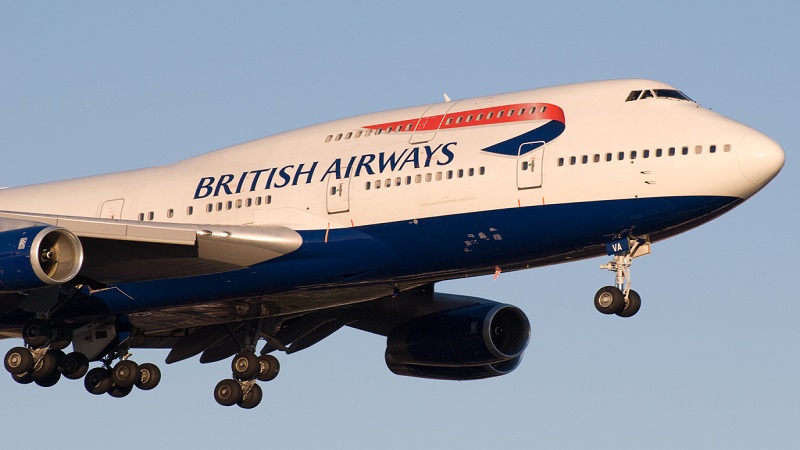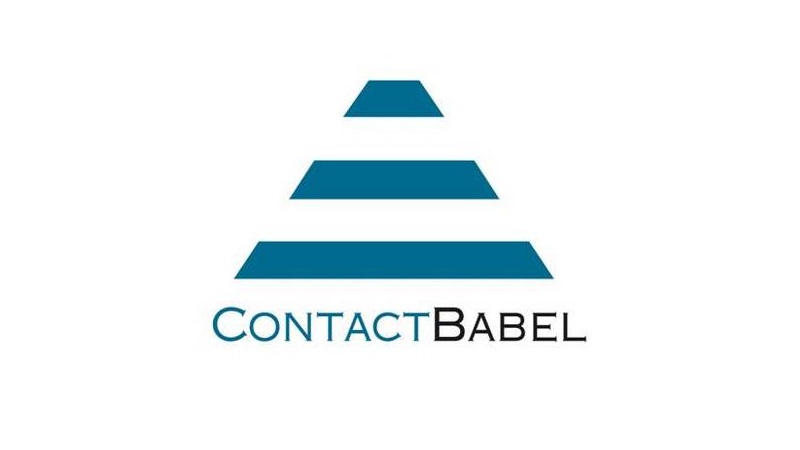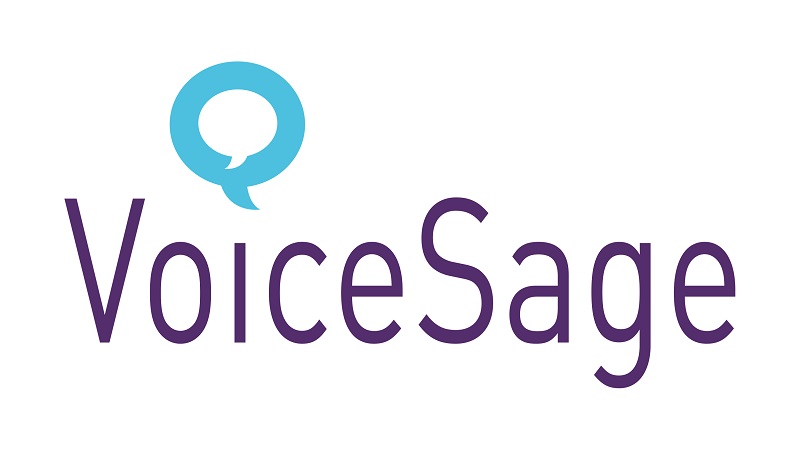BT to add 500 jobs to meet customer service targets…
https://contactcentresummit.co.uk/wp-content/uploads/2016/12/BT-MICROSITE.jpg 800 450 Jack Wynn Jack Wynn https://secure.gravatar.com/avatar/e6e4c614a3e43ed5c1e30f3c96cd4d3d?s=96&d=mm&r=gBritish Telecom (BT) has declared it will add a further 500 frontline customer service positions to its
bases across the UK and Ireland.
Due to the continuing growth of the company’s BT Consumer division, contact centres in Doncaster,
Accrington, Swansea and Warrington are expected to benefit the most, and the new roles are in addition to the previously-announced target of 1,000 UK and Ireland customer service jobs by the end of March 2017.
Expanding the customer service teams will also help with BT’s commitment to answer 90 per cent of its customers’ calls in the UK and Ireland by the same date.
Libby Barr, managing director of customer care at BT Consumer, said: “We are proud to be creating these new jobs in the UK and Ireland. BT is completely changing the way we serve our customers in order to boost our service levels.
“We are going to answer 90 per cent of our customers’ calls in the UK and Ireland by the end of March, and we have been taking on great people to fill full time jobs working for BT. In fact, we will be recruiting for an extra 500 positons, which will be a dramatic increase in what we said we’d do.”
BT’s existing employees can earn a £500 bonus under a ‘Refer a Friend’ scheme if their friend’s application is successful and they complete the first six months of the role.
Manpower agency staff will also have the chance to convert their role into a permanent position with BT.







